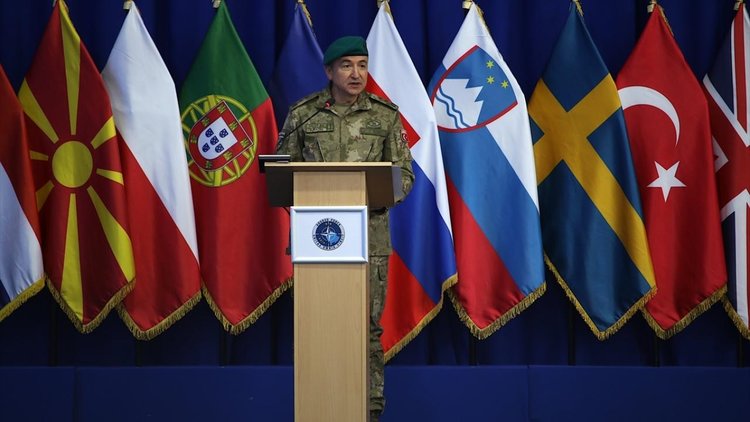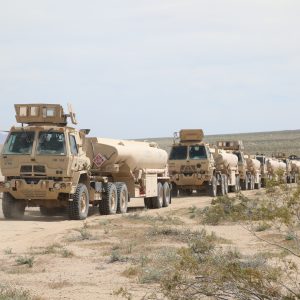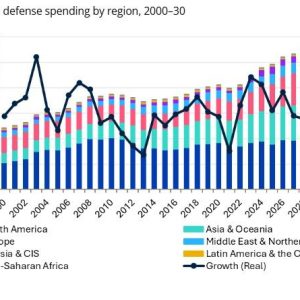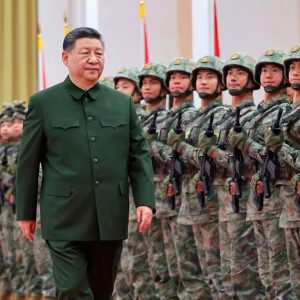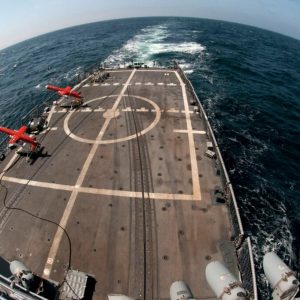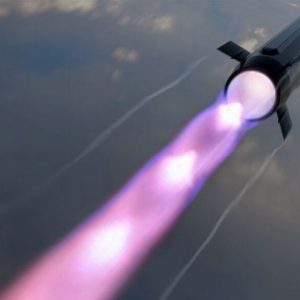Türkiye has officially assumed command of NATO’s Kosovo Force (KFOR) for a 12-month term, marking a significant return to operational leadership within the Alliance’s Balkan mission. At a formal handover ceremony in Pristina on 3 October 2025, Turkish Army Major General Özkan Ulutaş took over from Italian command, pledging continuity, impartiality, and readiness under the United Nations mandate that governs KFOR’s presence.
Key Facts
- Event: KFOR Command Handover Ceremony
- Date & Location: 3 October 2025, Pristina, Kosovo
- New Commander: Maj. Gen. Özkan Ulutaş, Turkish Armed Forces
- Mandate: Security, freedom of movement, impartiality under UN authority
- Duration: 12 months (Oct 2025 – Oct 2026)
Ankara steps forward in NATO land operations
The ceremony was attended by senior Kosovo officials and NATO’s Joint Force Command Naples leadership, underscoring the Alliance’s continued commitment to stability in the Western Balkans. For Türkiye, the assumption of command reflects both its long-standing engagement in KFOR—since the mission’s inception in 1999—and its growing credibility within NATO’s land operations architecture.
Maj. Gen. Ulutaş emphasized in his remarks that Turkish forces will act with neutrality and resolve, supporting KFOR’s mission “to ensure a safe and secure environment and freedom of movement for all people in Kosovo.” His statement closely echoed NATO Secretary General Jens Stoltenberg’s prior briefings, which stressed impartiality as the foundation of KFOR’s legitimacy amid recurrent flashpoints in northern Kosovo.
Türkiye’s leadership role comes at a time when NATO has refocused on deterrence in the European periphery—stretching from the Baltic Sea to the Adriatic—and when alliance ground forces are modernizing command-and-control structures in response to hybrid threats.
Strategic and diplomatic significance for Türkiye
Beyond operational command, Türkiye’s new position within KFOR enhances its strategic leverage across the Western Balkans, a region where Ankara has maintained strong cultural, political, and economic ties. With growing concerns over ethnic tensions and disinformation campaigns, Turkish leadership in the mission sends a stabilizing signal that blends hard power credibility with diplomatic sensitivity.
This move also reinforces Türkiye’s institutional weight inside NATO’s land warfare ecosystem. Izmir-based LANDCOM—the Alliance’s Land Command—has emerged as a pivotal node connecting European and Mediterranean theatres. With a Turkish general now at the helm in Pristina, Ankara’s influence on doctrinal harmonization, joint exercises, and interoperability standards is likely to deepen.
The coordination triangle between LANDCOM Izmir, JFC Naples, and Ankara’s Joint Staff will be particularly important in aligning operational procedures, C2 (Command and Control) frameworks, and ISR (Intelligence, Surveillance & Reconnaissance) sharing. This is especially relevant as NATO nations experiment with integrated “drone walls,” counter-UAS defences, and cross-border airspace monitoring—fields where Türkiye has become a leading contributor.
Defence-industrial visibility through live deployment
The KFOR command rotation provides Türkiye with an unparalleled opportunity to showcase indigenous defence technologies under real operational conditions. Turkish-made communication suites, electronic warfare systems, and counter-UAS (C-UAS) platforms are expected to see expanded deployment during Ulutaş’s tenure.
Ankara’s defence industry—led by ASELSAN, HAVELSAN, and MKE—has been strengthening NATO-compatible product lines, particularly for tactical communications, sensor fusion, and battlefield management. Their presence in the Balkans under a NATO mission offers both performance validation and export-grade credibility. In previous rotations, Turkish troops fielded mobile command shelters and protected mobility vehicles built domestically, demonstrating compliance with NATO STANAG standards.
By integrating national systems with Alliance networks, Türkiye illustrates how domestic innovation can complement NATO’s operational backbone, reinforcing interoperability while sustaining its national industrial base.
Broader context: NATO’s evolving Balkan footprint
NATO’s Kosovo Force remains the longest-standing peace-support mission in the Balkans. While troop numbers have gradually decreased from post-conflict highs, the mission’s strategic importance has revived due to renewed border tensions and concerns over external interference.
Türkiye’s leadership term coincides with NATO’s simultaneous modernization drive—ranging from the creation of rapid reinforcement corridors to hybrid warfare monitoring centers.
Ankara’s command could help balance the operational tempo between deterrence and diplomacy, demonstrating that NATO’s southern members are not only security consumers but active providers. This approach aligns with Türkiye’s “360-degree security” doctrine, which views Balkan stability as integral to national and regional resilience.
Expert perspective: Institutional convergence and soft power
According to analysts within the defence community, this appointment cements Türkiye’s dual identity as both a regional stabilizer and a system integrator within NATO. By leading KFOR, Türkiye reaffirms its commitment to collective security while subtly advancing national interests in standardization, training exchanges, and technology trials.
Defence experts predict tighter institutional cooperation between LANDCOM and Türkiye’s Joint Staff on doctrinal reforms, staff officer development, and simulation-based exercises. These areas could serve as testbeds for interoperability in command-post environments—crucial for NATO’s shift toward digitalized, AI-assisted battle management.
At the same time, Türkiye’s visible and disciplined presence in Kosovo projects soft power. It builds trust with both local populations and Western partners, demonstrating that Ankara’s military diplomacy is anchored in professionalism and neutrality rather than ambition.
Conclusion: Symbolic and operational resonance
Türkiye’s assumption of KFOR command embodies both symbolic continuity and forward-looking strategy. It celebrates two decades of Turkish participation in Balkan peacekeeping while situating the country at the heart of NATO’s evolving land doctrine. For the Alliance, it affirms that regional stability depends on capable, credible leadership from all corners of the Euro-Atlantic community.
As Maj. Gen. Ulutaş takes command, Türkiye’s presence in Kosovo will serve as a practical test of its defence industry’s maturity, its interoperability credentials, and its broader vision of a balanced, inclusive security architecture—one where the Balkans remain a bridge, not a fault line.
References
- Anadolu Ajansı, “Türkiye takes command of NATO’s KFOR mission,” 3 Oct 2025.
- NATO KFOR Official Site, “KFOR Change of Command Ceremony, Pristina,” 3 Oct 2025.
- NATO Joint Force Command Naples Briefing, October 2025.
- Defence Agenda Archives, “Türkiye’s Role in NATO Land Operations,” 2024.

